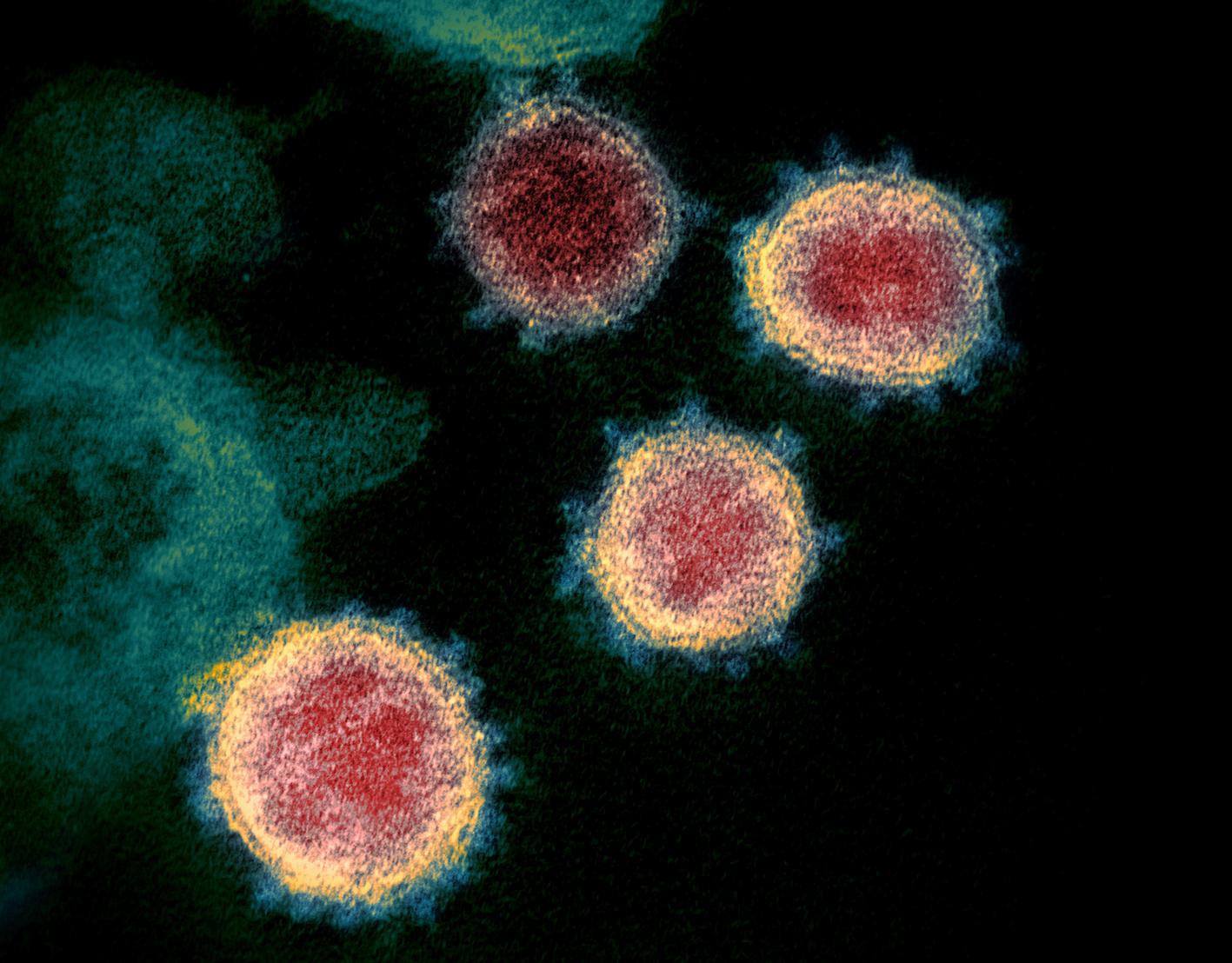Antibody drug neutralizes virus variants in lab study; COVID-19 antibodies detectable 12 months after infection

The following is a roundup of some of the latest scientific studies on the novel coronavirus and efforts to find treatments and vaccines for COVID-19, the illness caused by the virus.
Experimental antibody drug neutralizes COVID-19 variants
An experimental monoclonal antibody treatment for COVID-19 being developed by Eli Lilly and Co and AbCellera Biologics Inc can "potently" neutralize numerous coronavirus variants, including those first identified in the UK, Brazil, South Africa, California and New York, scientists have found in test tube experiments.
The antibody - known as LY-CoV1404 or LY3853113 - works by attaching itself to a place on the virus that has shown few signs of mutating, which means the drug is likely to retain its effectiveness over time, the researchers said in a report posted on Friday on bioRxiv ahead of peer review.
"New variant-resistant treatments such as LY-CoV1404 are desperately needed, given that some of the existing therapeutic antibodies are less effective or ineffective against certain variants and the impact of variants on vaccine efficacy is still poorly understood," the research team wrote.
An AbCellera spokesperson said the company plans to release information about tests of the drug in humans on Tuesday.
COVID-19 antibodies still detectable at 12 months
Some COVID-19 survivors infected early in the pandemic still have detectable antibodies against the virus a year later, according to a new study.
US doctors collected blood samples from 250 patients, including 58 who had been hospitalized for COVID-19 and 192 who had not required hospitalization.
Six-to-10 months after diagnosis, all of the former inpatients and 95% of the outpatients still had neutralizing antibodies, according to a report posted on Sunday on medRxiv ahead of peer review.
In the small subset of those followed for a full year, 8-of-8 people who had been hospitalized still had antibodies, as did 9-of-11 former outpatients.
Antibody levels at the time of follow-up were correlated with age and with COVID-19 severity.
Older age was linked with higher neutralizing antibody levels, whereas levels were "lower and more variable" in participants under age 65 who experienced less severe COVID-19 and did not require hospitalization, the researchers reported.
They said vaccination of COVID-19 survivors "would be prudent" because vaccine-induced protection against the virus will likely be more long-lived than antibodies induced by mild COVID-19. -- Reuters



